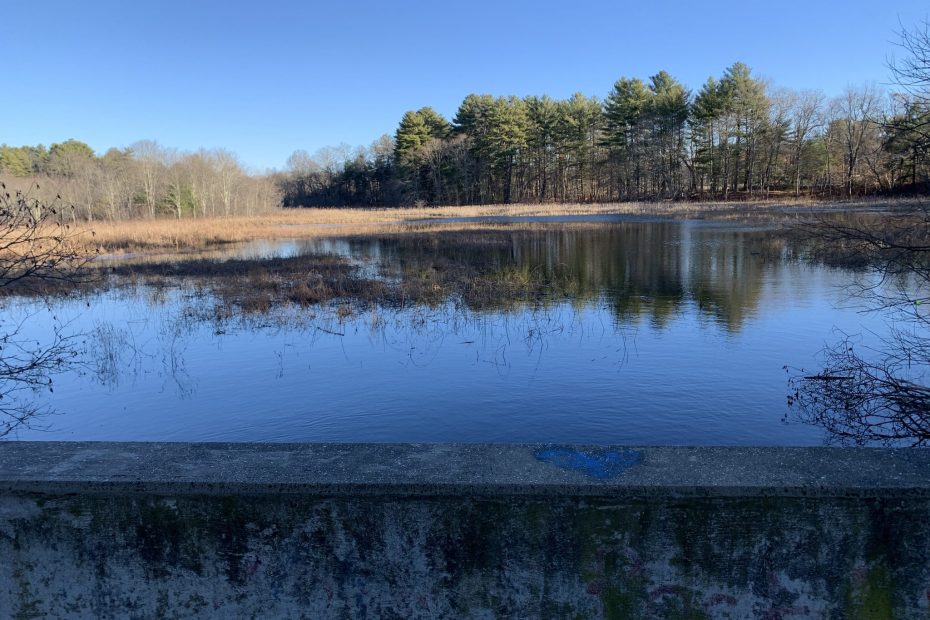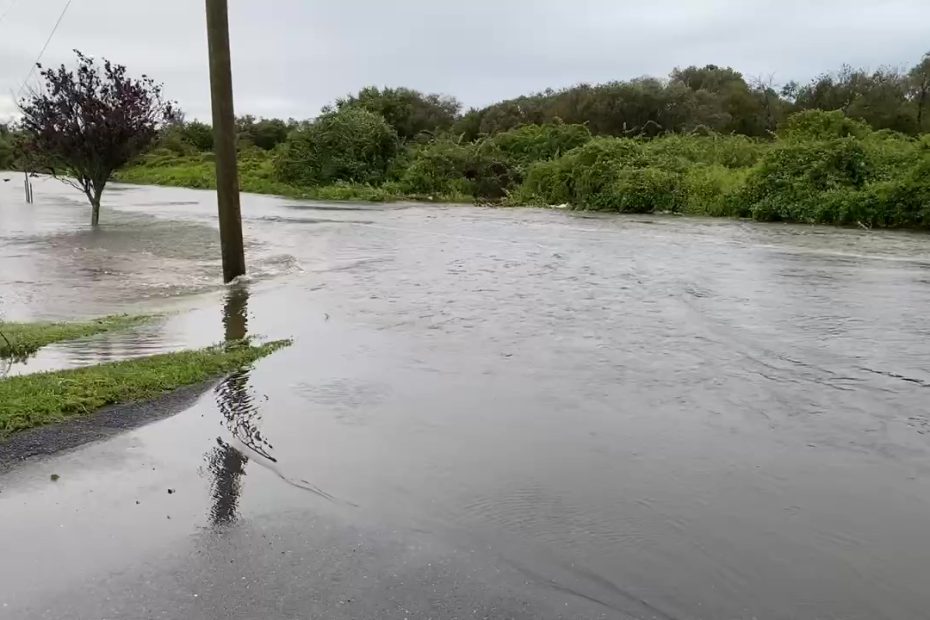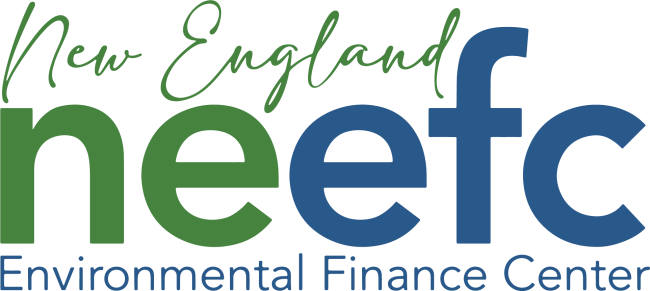
Our mission is to provide innovative financing solutions that help states, tribes, local governments, nonprofits, community-based organizations, and the private sector pay for environmental projects.
About Us
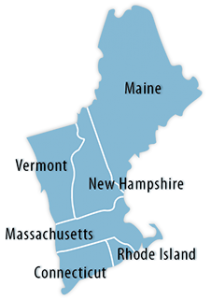
Serving Connecticut, Maine, Massachusetts, New Hampshire, Rhode Island, Vermont and New England’s 10 Federally Recognized Tribes.
Since 2001, the New England Environmental Finance Center (NEEFC) at the University of Southern Maine has worked to build local capacity to pay for the growing cost of protecting critical environmental resources and fostering resilient communities.
Our programs reflect the greatest needs of the 6 New England states including funding and financing of climate adaptation and resilience, stormwater and nutrient management, water infrastructure, and sustainable operating practices.
“High quality water is more than the dream of the conservationists, more than a political slogan; high quality water, in the right quantity at the right place at the right time, is essential to health, recreation, and economic growth.”
— Edmund Muskie, Former U.S. Secretary of State, Senator & Governor of Maine
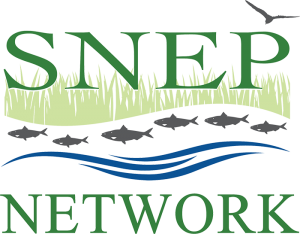
The NEEFC hosts the Southeast New England Program (SNEP) Network. The SNEP Network provides training and assistance to municipalities, organizations, and Tribes to advance stormwater and watershed management, ecological restoration, and climate resilience in Rhode Island and Massachusetts. The Network’s mission is to meet communities where they are at, and advance their critical climate resilience projects to the funding and financing phase.
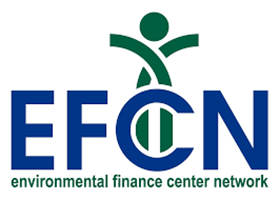
As part of the Environmental Finance Center Network (EFCN), the NEEFC is one of 10 regional centers supported by the U.S. Environmental Protection Agency. Together the EFCN is a collaborative of university-based organizations working to create innovative solutions to the difficult how-to-pay issues of environmental protection and improvement.
New & Noteworthy
Upcoming Webinar : 2026 Massachusetts Funding Workshop
Join us for the 2026 Massachusetts Grant Funding Workshop on Tuesday, March 3rd from 1:00pm-3:00PM. Many communities face challenges when addressing water quality, flooding and/or other climate change impacts – especially when it comes to identifying funding sources to support their projects. While there are a variety of funding programs available in Massachusetts, navigating each program’s requirements, determining which projects are a best fit for each opportunity, and crafting competitive proposals can be challenging. Visit the SNEP Network website for a full list of participating funders.
Upcoming Webinar : 2026 Rhode Island Funding Workshop
Join us for the 2026 Rhode Island Funding Workshop on Wednesday, March 25th from 10:00am-12:00pm. This webinar will showcase key state, regional, and federal funding opportunities for projects focused on water quality, water infrastructure, stormwater management, watershed/ecological restoration, and climate resilience. Representatives from each funding agency will provide a brief overview of their programs and opportunities. Visit the SNEP Network website for a full list of participating funders.
Introducing the NEEFC Environmental Funding Navigator Tool
A dynamic, evolving resource designed to help communities across New England access funding for environmental work. The Navigator features an expanding list of grants, loans, tax credits, and other financing options to support your organization’s mission and project goals.
Featured Funding Opportunity

Climate Smart Communities Initiative (CSCI) Grant
Submission Deadline: March 12, 2026
Funding Available: Grants typically range from $75,000 to $115,000 based on the scope of work proposed in the application. The total grants budget for 2026 is $1.5-2 million. CSCI anticipates awarding between 16 and 20 grants for the 2026 cycle.
Who’s Eligible: Communities facing significant impacts from climate-related hazards in the United States, inclusive of the 50 states, the District of Columbia, Puerto Rico, US Virgin Islands, Guam, the Northern Mariana Islands, American Samoa, as well as the Tribal nations that share these geographies. If the proposed work is local in scope, the population of the community should be less than 300,000 residents. If the proposed work is regional in scope, areas with up to 500,000 residents will be considered. CSCI grants support climate resilience efforts that include three types of partners: 1) Adaptation practitioner, 2) Community-based organization, 3) U.S. local or regional government. Applications must include at least one partner of each type.
Purpose: CSCI awards provide funding and technical assistance to advance community-based climate resilience in US communities or regions that are highly vulnerable to the impacts of climate change.
Eligible Activities: Activities and work proposed must be strictly focused on climate adaptation and resilience. Applications with a primary focus on climate mitigation actions, emissions reduction, carbon sequestration, or energy efficiency will not be considered.
Looking for more funding opportunities?
What We Do
Outreach and Engagement
Community engagement, charrettes, and meeting facilitation that engages all stakeholders and includes their voices in planning decisions.
Technical Assistance
Training and assistance to municipalities, organizations, and tribes to advance stormwater and watershed management, funding and sustainable financing, and improve utility and business operations to achieve resilience to the changing climate.
Education and Training
Capacity building and education of state and local decision makers and utility managers in innovative
financing solutions.
Develop Young Professionals
Engaging student interns in projects to help develop the next generation of environmental finance professionals.
